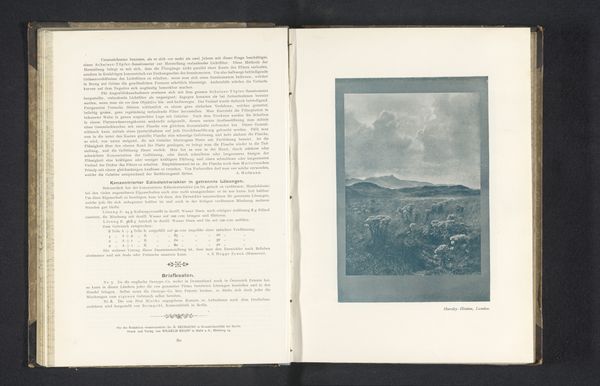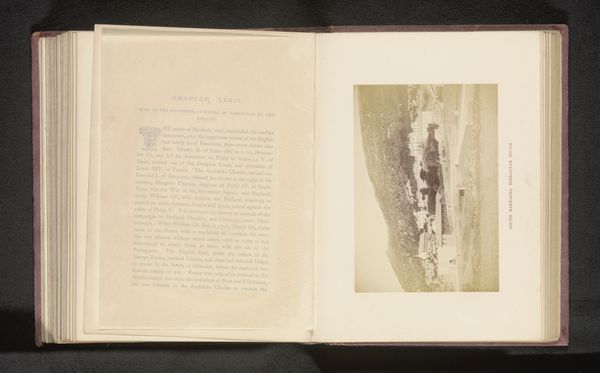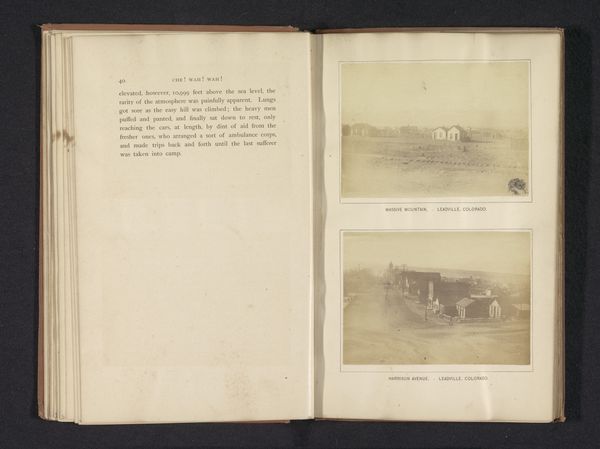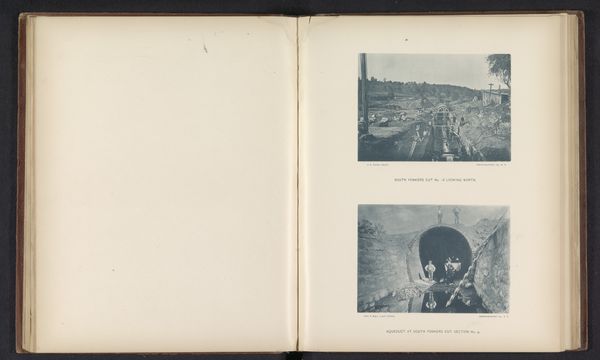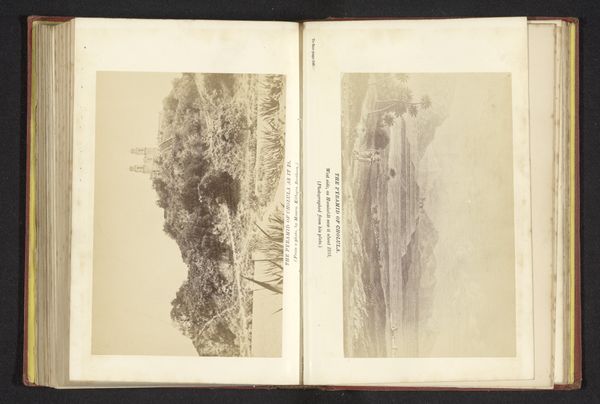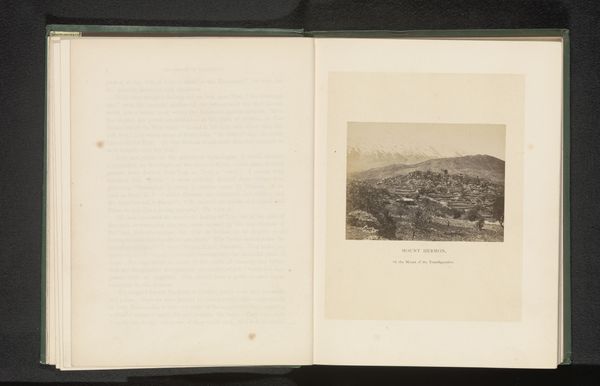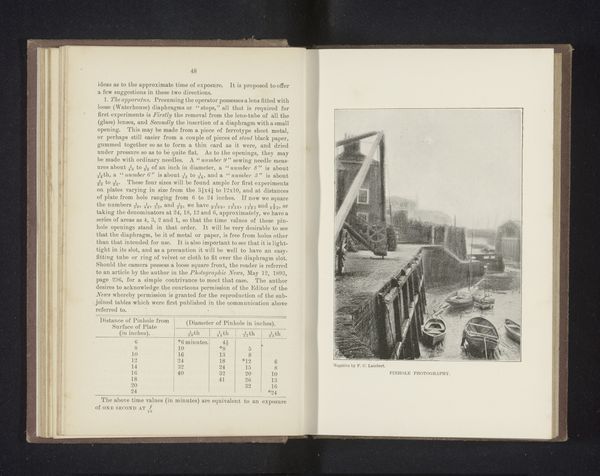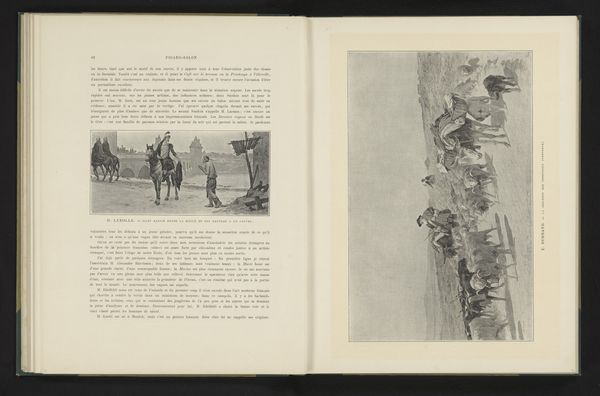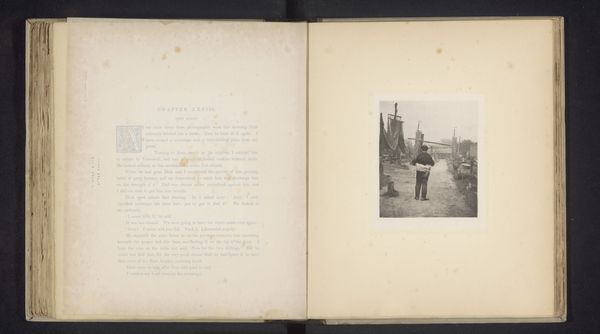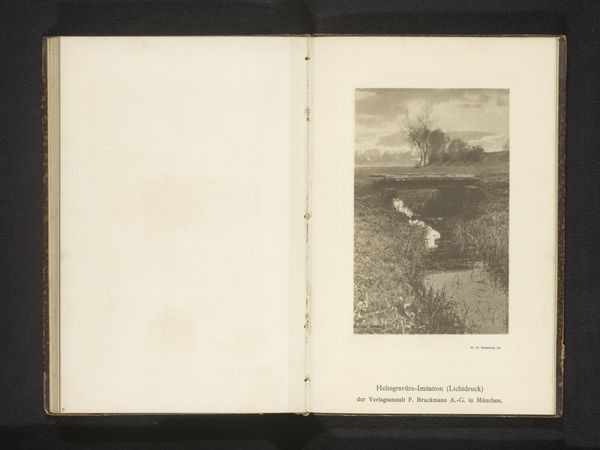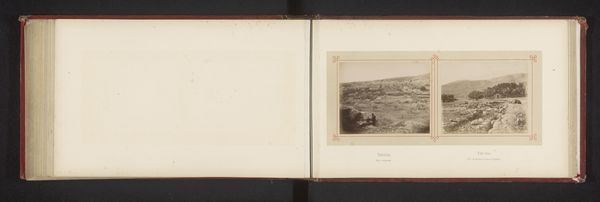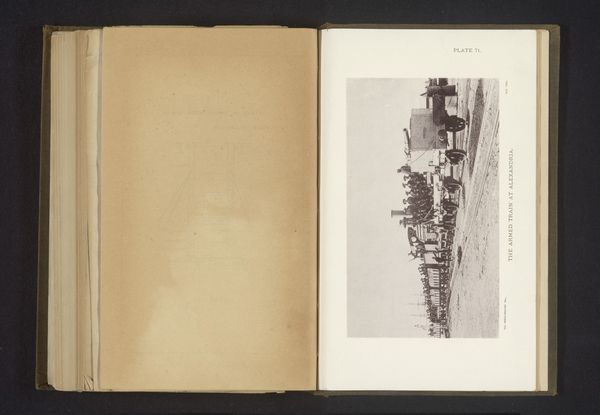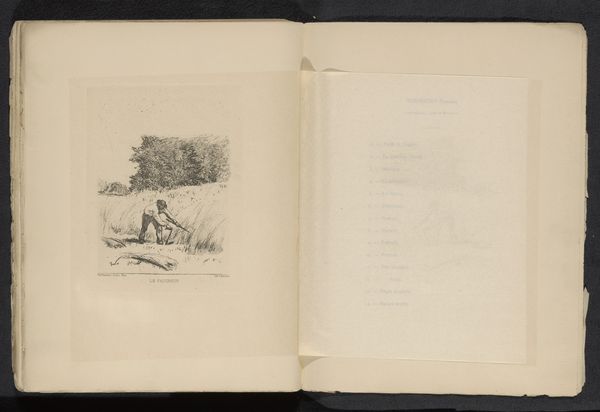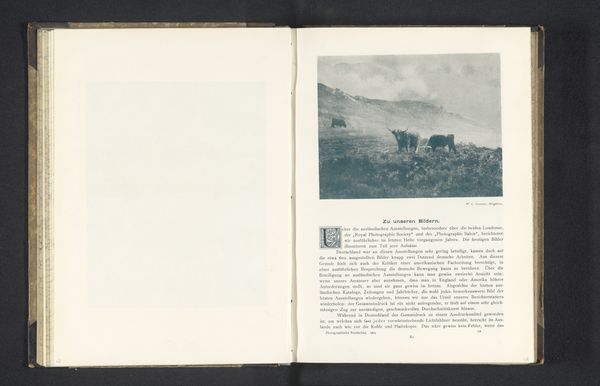
print, etching, photography
# print
#
etching
#
landscape
#
photography
#
genre-painting
Dimensions: height 122 mm, width 128 mm
Copyright: Rijks Museum: Open Domain
This print, Vier mannen jagen op fretten, was made by Maurice Bucquet in the late 19th or early 20th century. It’s a photogravure, a printing process that translates a photograph into an image that can be printed in ink. Look closely, and you’ll see the remarkable level of detail achieved in the work. The process starts with a copper plate, coated with a light-sensitive gelatin tissue, exposed to a photographic positive, and then etched in an acid bath, creating an image that's then inked and printed. What’s remarkable about photogravure is the way it bridges photography and traditional printmaking. It elevates the photograph, which was a relatively new medium at the time, into something more akin to a handmade artwork. It’s also a testament to the power of industrialization to change our expectations of artistry and skill. Rather than regarding the photograph as a purely objective record, Bucquet uses a painstaking manual craft to create a new kind of aesthetic experience. This challenges us to consider where the line between art and craft truly lies.
Comments
No comments
Be the first to comment and join the conversation on the ultimate creative platform.
